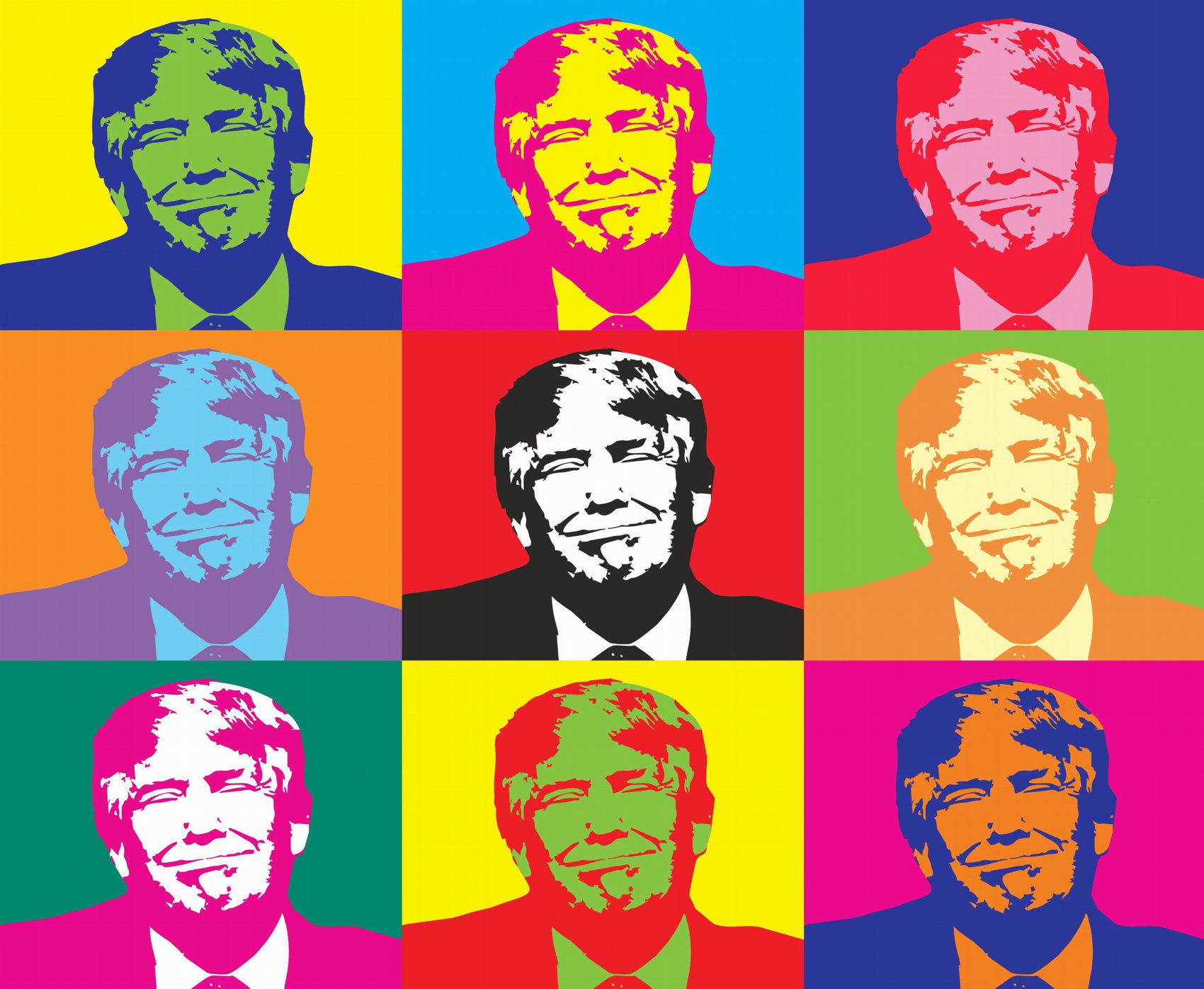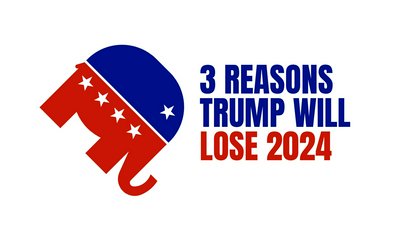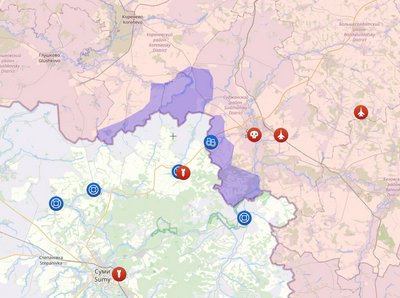economyParis
How Did President Trump Get Elected in 2016? Because People Voted with Their Hearts
Donald Trump won the 2016 election because he was loved by voters who are like him and who are enamored by his confidence and projection of competence. Trump...
Published by Dr Jiulin Teng on 31 May 2020 · Updated on 25 Jul 2021

How Did President Trump Get Elected in 2016? Because People Voted with Their Hearts
Democracy is imperfect. Still, it is more stabilizing because voters coming from different perspectives collectively map the political discourse of the society. For the last couple of years, many have questioned democracy, pointing to the surprise victory of Donald Trump in the 2016 US Presidential Election. Whether Trump is a great leader as he and his followers believe is out of my scope here. What I would point to is the fact that Trump won because, perhaps ironically to some, more people loved him than Hilary Clinton.
Trump vs Clinton
In 2016, the Democratic Party organized election fraud to prop up Hilary Clinton in the primaries, regardless of how the public viewed her at large. Clinton is an extremely talented person, and like many smart politicians she was highly malleable, being everything to everyone. In a short while, this works perfectly. Her problem was that she had been under the political spotlight for decades. At the point of the election, she was arguably the most hated politician in the US.
Trump, on the other hand, did not and still does not care to be liked by everyone. He is loved by people like him. Whereas other politicians attempt to pander the voters or to appeal to them with small gestures, Trump talked about ideas, usually devoid of specifics: The public do not want to hear the specifics*. The public love ideas with which they agree.
Whereas other politicians put on a show of contrived civility, Trump acted like a normal person with a big ego. He never apologized for anything; he never backtracked on anything. His apparent vulgarity conveyed confidence and competence to the public on a subconscious level. Since we are notoriously bad at judging competence, these cues are strongly relied on. This is also the explanation why large corporations tend to have bad leaders accumulated towards the top.
The Visceral Appeal
In politics as it is in business (and perhaps way beyond that), it is much better and easier to find audiences who agree with you and motivate them to act than it is to convince others who disagree with you to begin with. For elections, this means that the key is to appeal to the largest group(s) who agree with you on a visceral level, to "galvanize" their support so that on election day they queue hours just to achieve a common goal, with you. Trump was exceptional at this, as was Bernie Sanders, who unfortunately was stabbed in the back, now twice, by the DNC.
Hilary Clinton attempted to appeal to the voters, again, with small gestures. Voters were not impressed or motivated. They did not turn up for her, and it did not come at a surprise. Personally, I predicted that Trump would win at the end of 2015. What was surprising was that Trump did not win the popular vote. This, however, is more likely due to the demographic cliff that the Republicans are heading into.
Noises
Donald Trump may not be the most truthful President; he is perhaps the most transparent: He repeatedly ridicules the blame placed on "Russian interference" for his election. While I cannot say that the Russians did nothing, the effect would have been marginal. Americans willingly spread misinformation on social media themselves.
* This goes beyond politics: In my experience, if someone asks you again and again about the details, you have no chance of convincing that person. You need to convince the person's heart, not his/her head.



